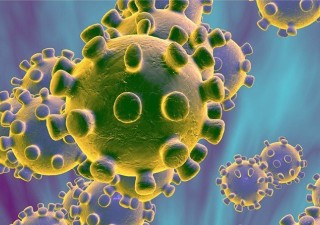Survey shows high public awareness of IP rights in Hong Kong
01 April 2025

The Intellectual Property Department (IPD) has published the findings of its 2024 Survey on Public Awareness of Intellectual Property Rights Protection. The results indicate that public understanding of IP rights remains strong.
The survey, conducted with 1,002 respondents, revealed that more than 90 percent of participants recognized that copyrights, trademarks and patents in Hong Kong are safeguarded by specific ordinances. This figure aligns with the findings from the 2022 survey, demonstrating consistent awareness levels over the past two years.
David Wong, director of IPD in Hong Kong, said in a press release: “The IPD has all along been striving to raise the public awareness of IP rights at all levels through various educational and promotional programmes. Similar surveys have been commissioned by the IPD regularly since 1999 to gauge public awareness of IP rights protection in Hong Kong. The survey findings reveal that the awareness of IP rights protection and respect for IP rights remain high among the general public. We will keep up our efforts in promoting IP rights protection to underpin the development of Hong Kong as a knowledge-based economy.”
The survey also found that over 60 percent of respondents believe that Hong Kong’s status as a regional IP trading centre can facilitate the development of local arts, culture and creative industries, as well as local innovation and technology. Additionally, it can promote IP-related professional services, attract foreign investment and strengthen Hong Kong’s competitiveness.
The survey indicates low levels of digital IP infringement, with just 16.4 percent of internet users admitting to accessing unauthorized content in the past year. Security concerns topped the list of deterrents (28.6 percent), followed by preferences for better-quality authorized content (17.7 percent) and awareness of IP laws (15.7 percent).
Consumer attitudes toward counterfeit goods remain positive, with 90 percent reporting they rarely or never purchase fakes. Quality assurance of genuine products (38.8 percent), lack of interest in counterfeits (36.9 percent), and respect for IP rights (16.9 percent) were key reasons. Only 7.8 percent admitted buying pirated goods, though social media has now surpassed physical stores as the second-most common purchase channel.
Strong moral support for IP protection continues, with over 80 percent agreeing it’s wrong to use or buy infringing content.
“The government remains committed to IP education, particularly for youth,” said Wong, highlighting ongoing awareness campaigns. The IPD’s “No Fakes Pledge” Scheme has gained significant traction, with 77.6 percent of public awareness and 75 percent agreeing it boosts consumer confidence in Hong Kong’s retail sector.
- Cathy Li






